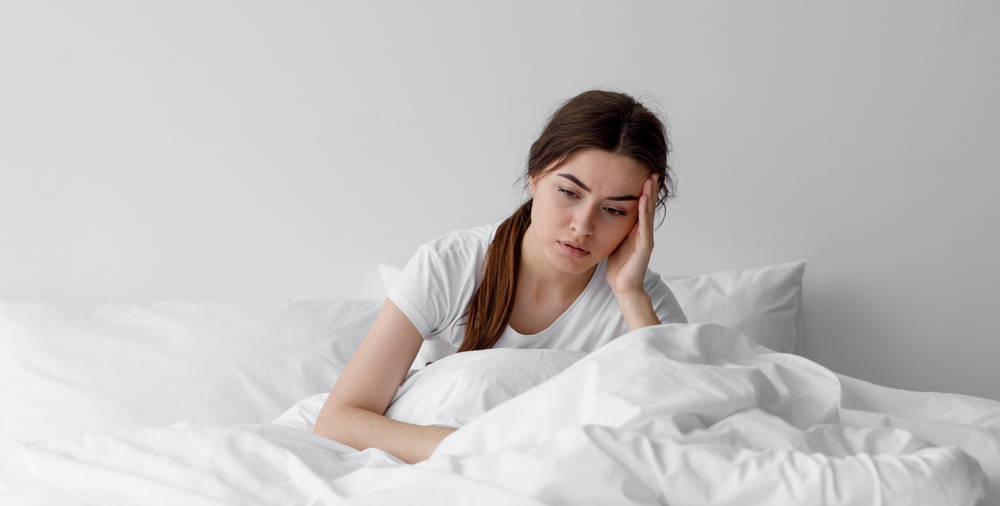Sleep and Your Vision: How Poor Rest Impacts Eye Function

Sleep and Your Vision: How Poor Rest Impacts Eye Function
Getting a good night’s sleep is essential for your overall health, but did you know it directly affects your eyes as well? Just like the rest of your body, your eyes rely on rest to function properly. When you’re not getting enough quality sleep, you may start to notice changes in your vision, eye comfort, and even long-term eye health.
How Sleep Impacts Eye Function
Your eyes are constantly working throughout the day. During sleep, your body restores and repairs itself, including the tissues and blood vessels that support healthy vision. Without proper rest, this recovery process is interrupted, leaving your eyes vulnerable to strain and fatigue.
Common Eye Issues Linked to Poor Sleep
Dry Eyes - Sleep deprivation can reduce tear production, leading to dryness, irritation, and burning sensations.
Eye Strain - Lack of sleep makes it harder for your eyes to focus, especially on digital devices or while reading.
Twitching (Myokymia) - Ever notice your eyelid twitch after a sleepless night? This is a common response to fatigue.
Blurred Vision - Poor rest may affect how clearly you see, making tasks like driving or reading more difficult.
Increased Risk of Eye Disease - Chronic sleep deprivation has been linked to a higher risk of conditions such as glaucoma and optic neuropathy due to impaired blood flow and oxygen to the eyes.
Signs You’re Not Getting Enough Rest for Your Eyes
If you experience frequent headaches, sensitivity to light, or difficulty keeping your eyes open during the day, your sleep patterns may be playing a role. These symptoms are signals that your eyes are not recovering as they should overnight.
Protecting Your Vision Through Better Sleep
Improving your sleep hygiene can support both your overall health and your vision. One of the most effective ways to do this is by maintaining a consistent sleep schedule. Going to bed and waking up at the same time each day helps regulate your body’s internal clock, making it easier to fall asleep and stay rested.
It’s also important to limit screen time before bed. Extended use of phones, tablets, or computers exposes your eyes to blue light, which can contribute to digital eye strain and make it harder for your brain to wind down for sleep.
Finally, if you continue to struggle with insomnia, sleep apnea, or other sleep-related problems, it’s wise to seek professional help. Addressing these issues not only improves the quality of your rest but also helps protect your long-term eye health.
Schedule Your Eye Exam Today
Your eyes deserve the same care and attention as the rest of your body, and sleep plays a major role in keeping them healthy. If you’ve been noticing changes in your vision or eye comfort, lack of rest may be a factor.
If you’re experiencing symptoms of eye strain, dryness, or blurred vision, schedule a comprehensive eye exam with Texas State Optical New Braunfels to ensure your eyes are getting the care they need. Visit our office in New Braunfels, Texas, or call (830) 201-3237 to book an appointment today.


